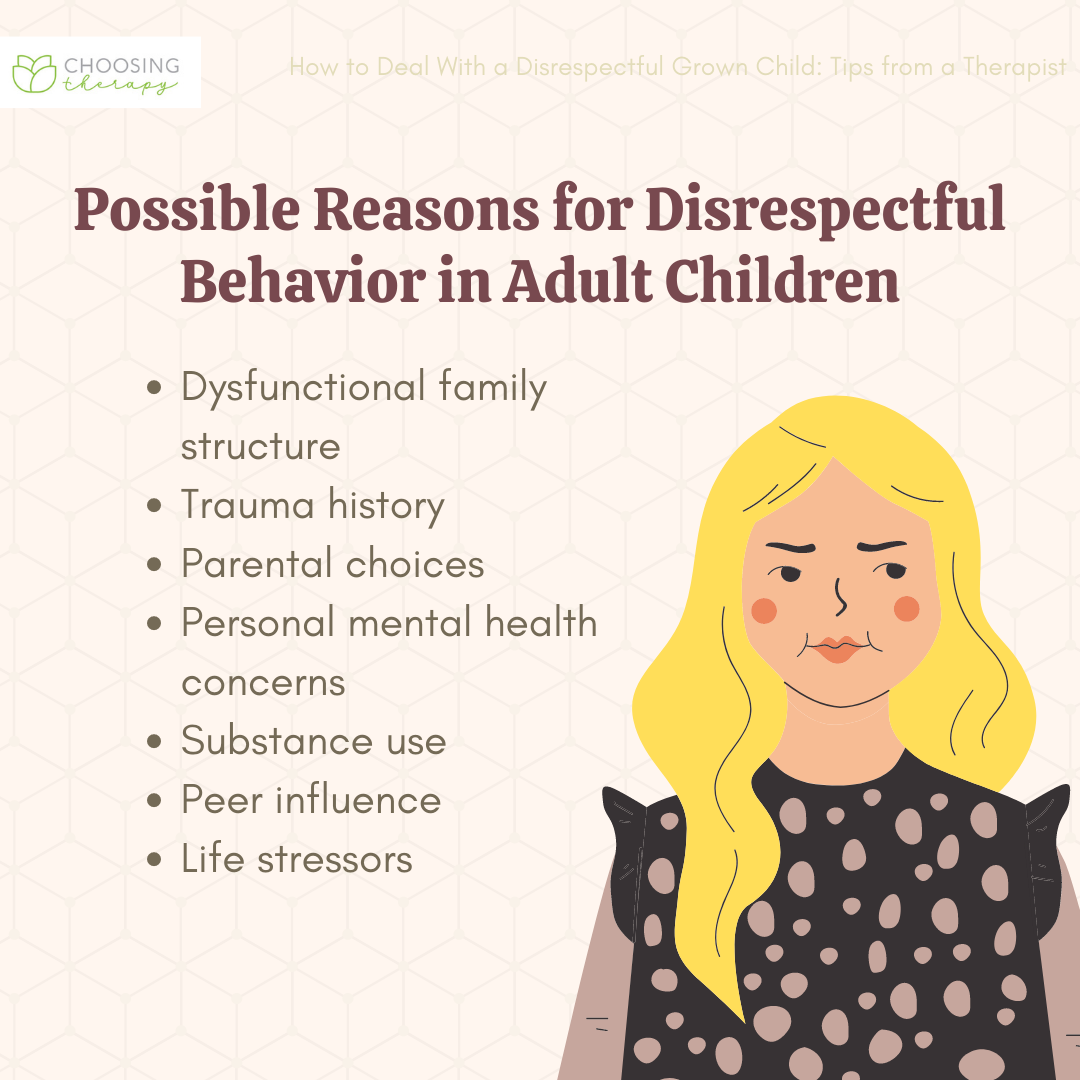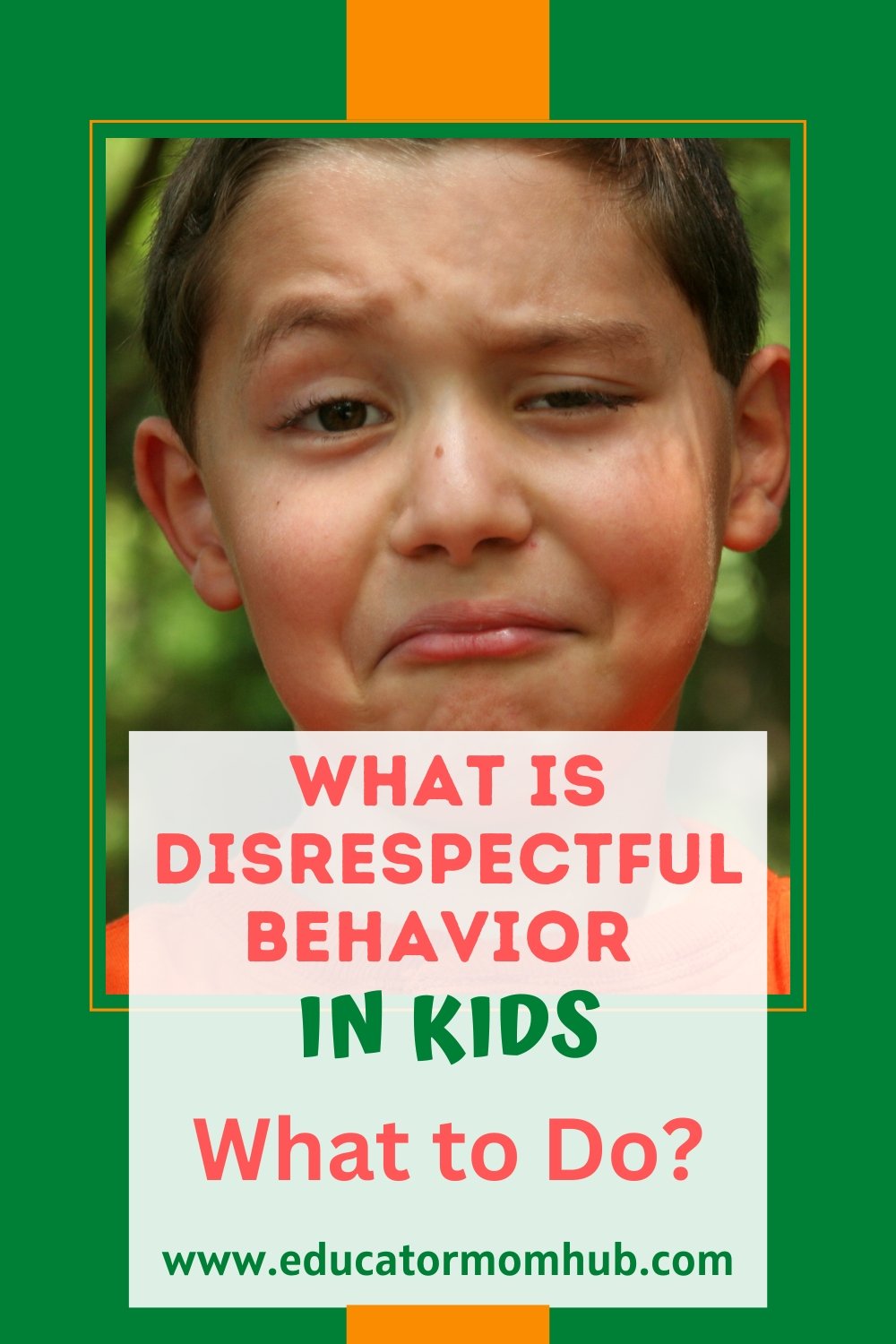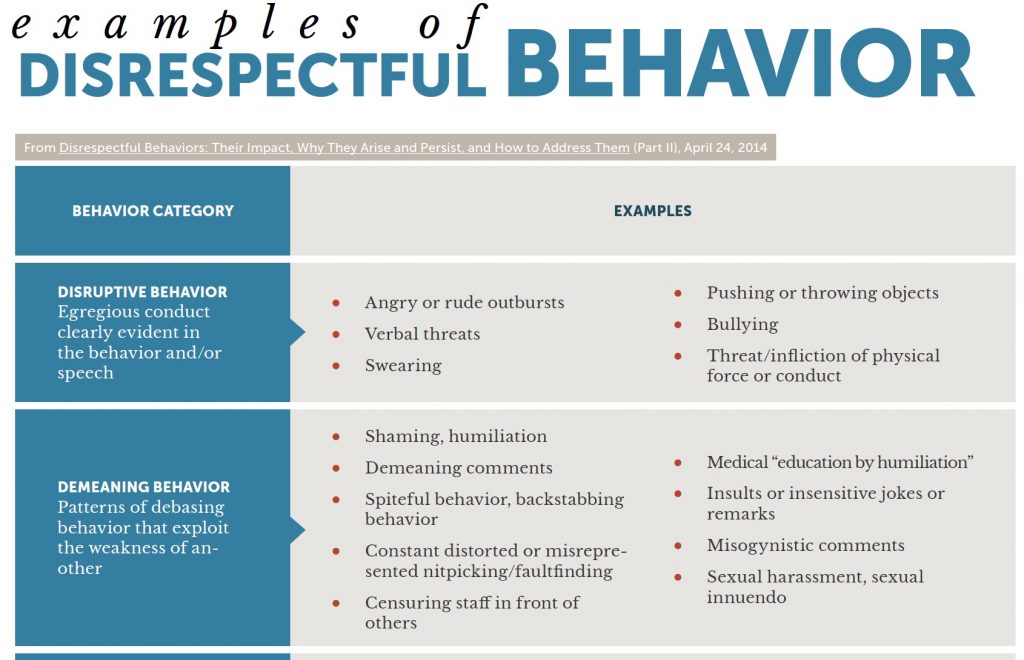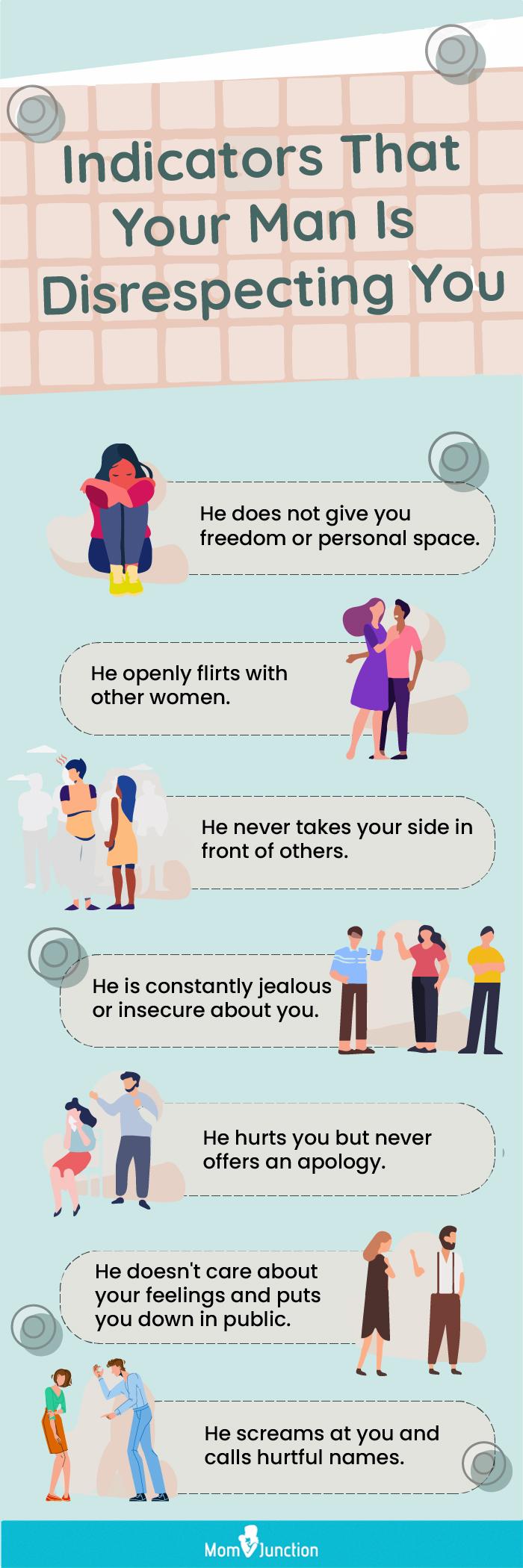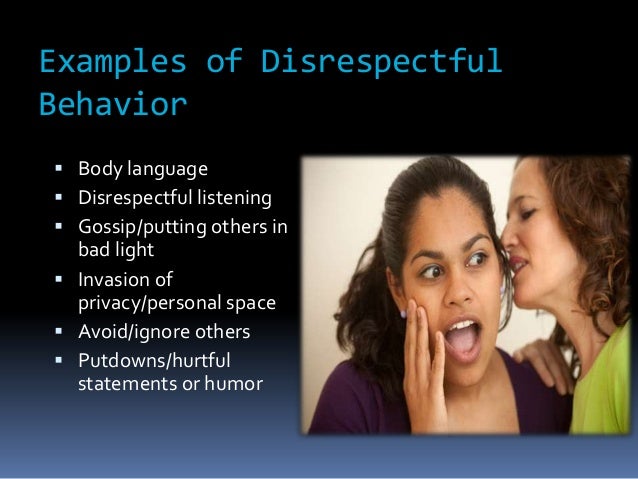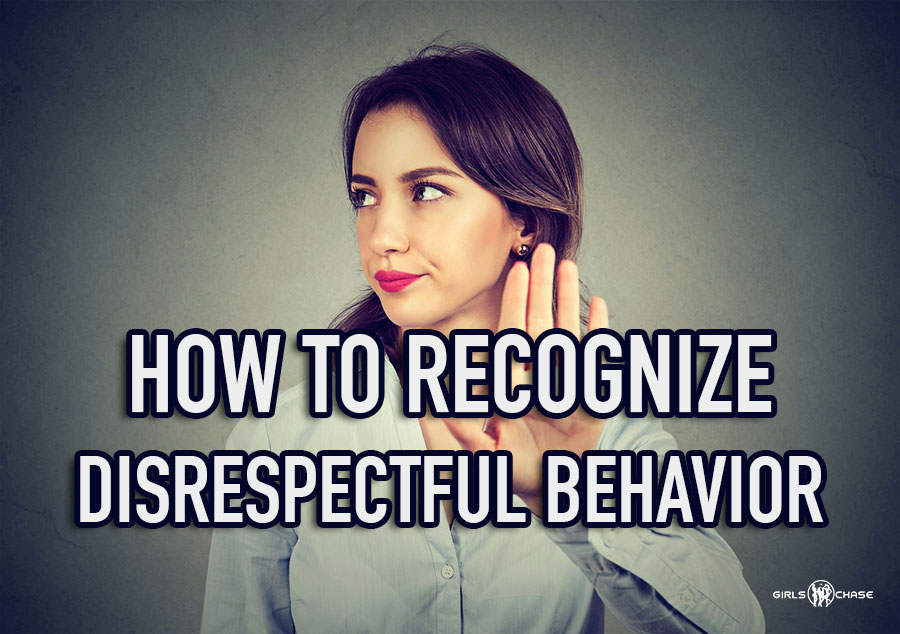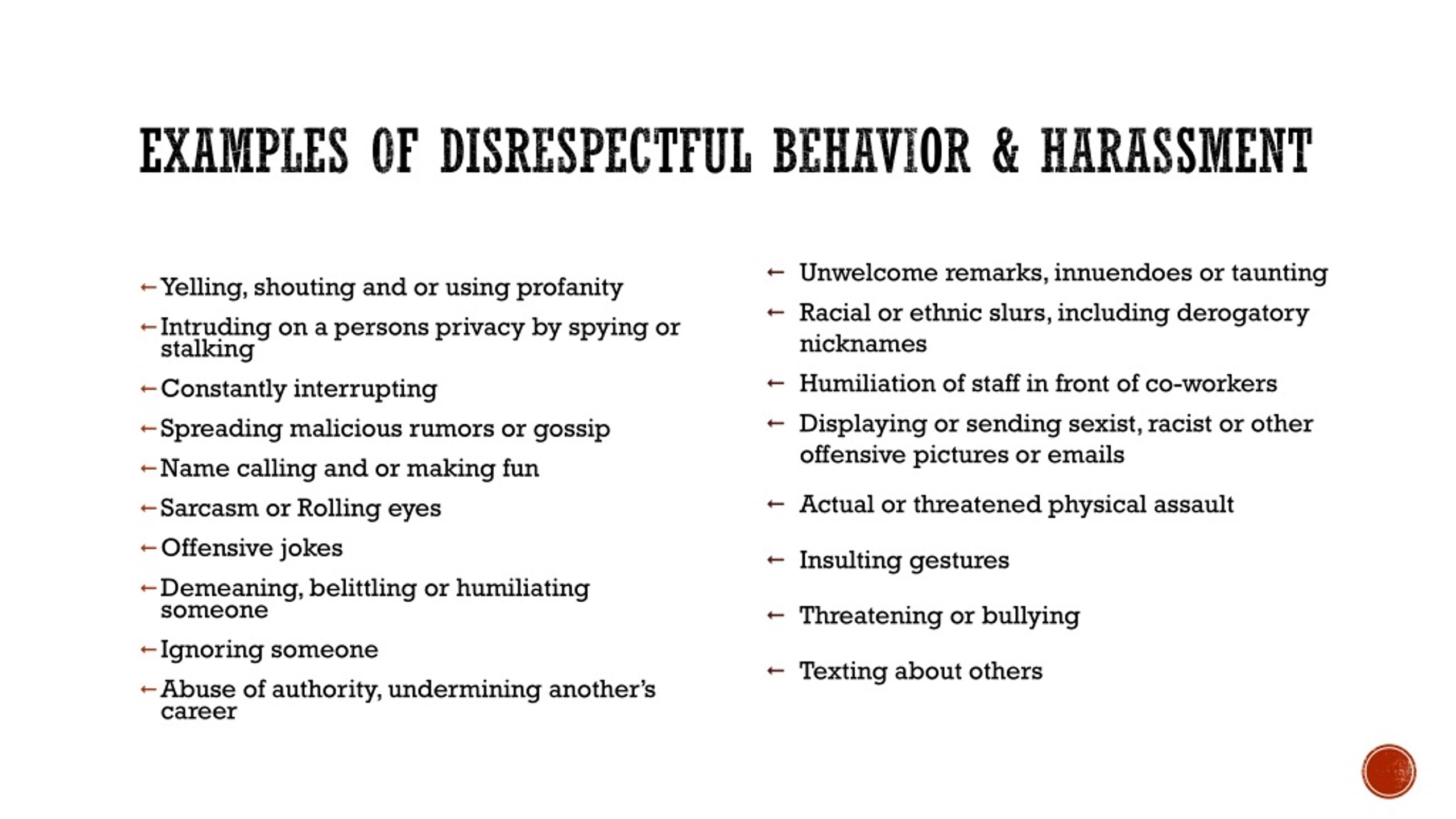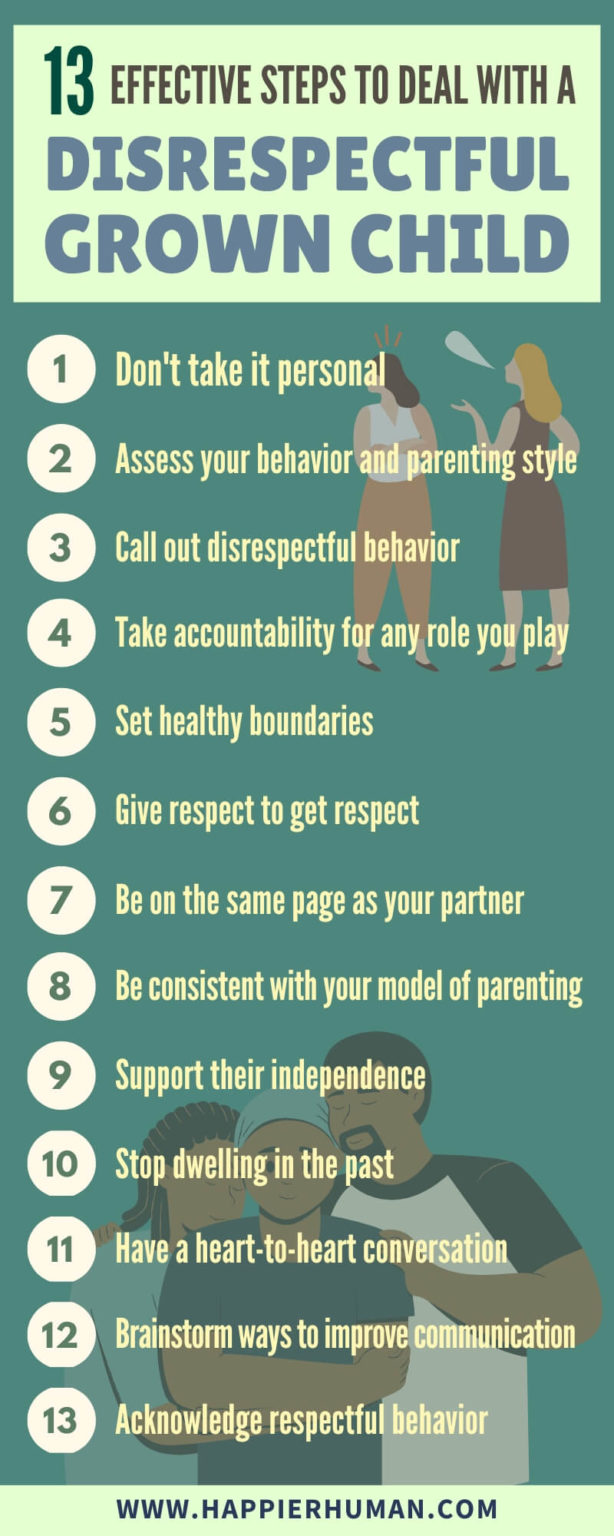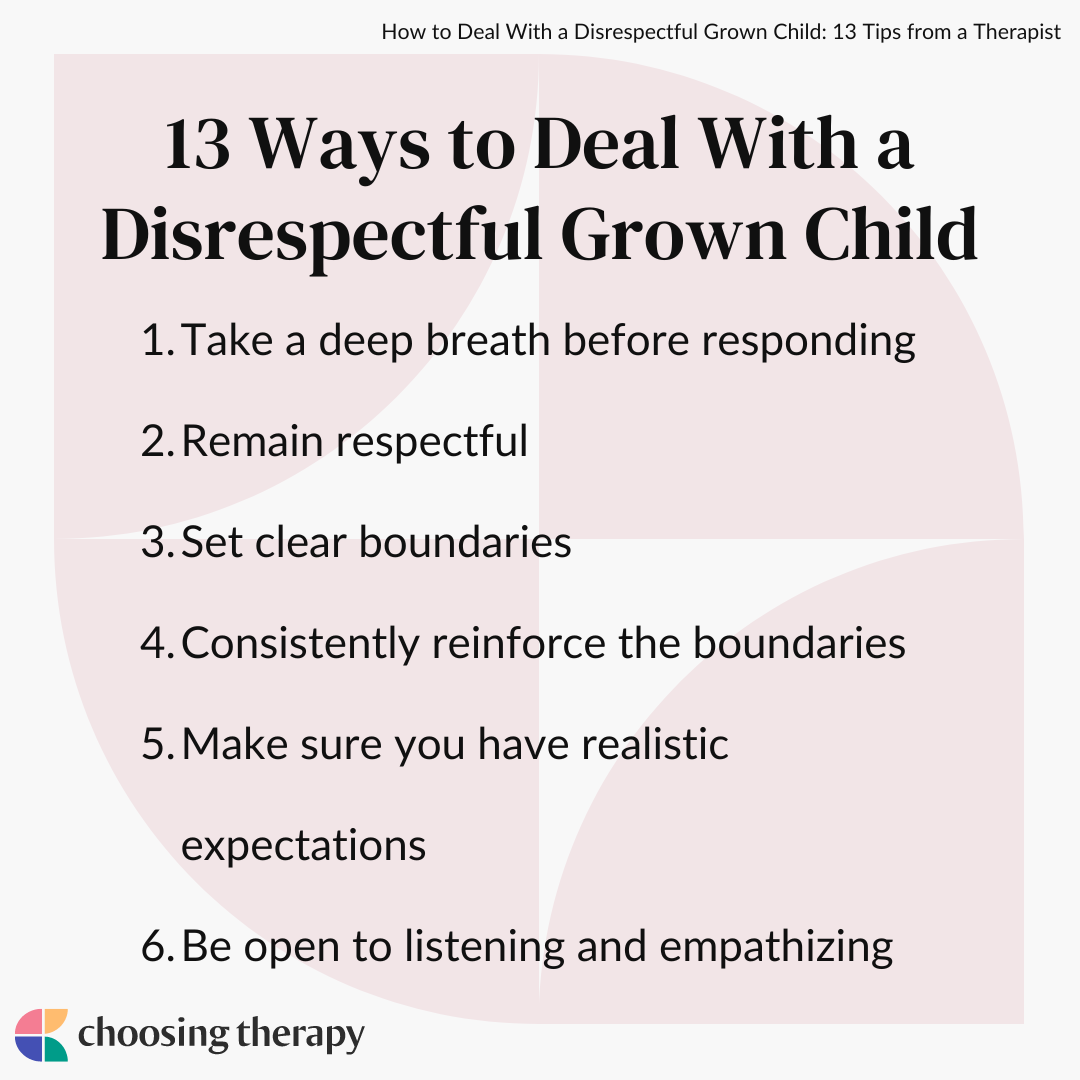Definition Of Disrespectful Behavior
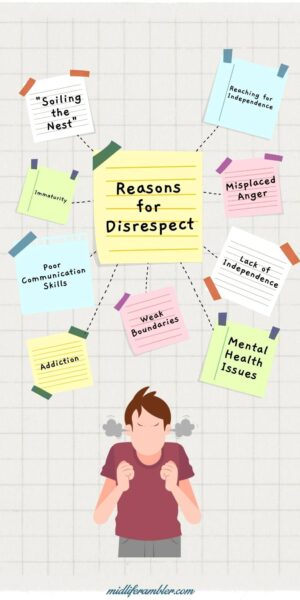
In an increasingly polarized world, the question of what constitutes disrespectful behavior is becoming a complex and often contentious issue, influencing everything from workplace dynamics to political discourse. Understanding the nuances of disrespect is crucial for fostering healthier communication and stronger interpersonal relationships.
At its core, disrespectful behavior involves actions or words that demonstrate a lack of regard for the feelings, dignity, or rights of another person. It can manifest in a multitude of ways, ranging from subtle microaggressions to overt acts of aggression, according to experts in sociology and communication.
Defining disrespectful behavior is challenging because it is often subjective and heavily influenced by cultural norms, individual experiences, and the specific context of an interaction. What one person considers harmless teasing, another might perceive as deeply offensive.
Key Elements of Disrespectful Behavior
Several key elements consistently appear in definitions of disrespectful behavior. These include intentionality, impact, and violation of social norms.
Intentionality
Intentionality refers to whether the behavior was deliberate or unintentional. While unintentional actions can still be hurtful, intentional acts of disrespect often carry greater weight due to the perceived malice behind them.
Impact
The impact of the behavior is arguably more important than the intent. Even if an action was not intended to be disrespectful, if it causes harm or offense, it can still be considered disrespectful by the recipient.
Violation of Social Norms
Disrespectful behavior often involves violating established social norms and expectations. This can include interrupting someone while they are speaking, using offensive language, or disregarding personal boundaries.
Forms of Disrespect
Disrespect can take many forms, broadly categorized as verbal, nonverbal, and systemic.
Verbal disrespect includes insults, name-calling, condescending language, and making belittling statements. It often involves using words to diminish someone's value or worth.
Nonverbal disrespect can manifest through body language, such as eye-rolling, sneering, or dismissive gestures. Ignoring someone, giving them the silent treatment, or invading their personal space are also examples of nonverbal disrespect.
Systemic disrespect refers to institutional or societal practices that marginalize or devalue certain groups of people. This can include discriminatory policies, biased treatment within organizations, and perpetuation of harmful stereotypes.
The Impact of Disrespect
The impact of disrespectful behavior can be significant, leading to emotional distress, damaged relationships, and decreased productivity. Studies have shown that experiencing disrespect can negatively affect mental health, leading to anxiety, depression, and feelings of isolation.
In the workplace, disrespect can create a toxic environment, reducing employee morale and increasing turnover rates. A report by the Society for Human Resource Management (SHRM) highlights that workplace incivility costs companies billions of dollars annually due to lost productivity and increased absenteeism.
"Creating a culture of respect requires ongoing effort and a commitment to fostering empathy and understanding." - Dr. Anya Sharma, Sociologist
Addressing Disrespectful Behavior
Addressing disrespectful behavior requires a multi-faceted approach that includes education, communication, and accountability. Openly communicating expectations and boundaries can help prevent misunderstandings and minimize unintentional disrespect.
When disrespectful behavior occurs, it is important to address it promptly and directly. This may involve having a candid conversation with the person involved, setting clear consequences for repeated offenses, or seeking mediation to resolve conflicts.
Organizations and institutions can play a crucial role in promoting respect by implementing policies that prohibit discrimination and harassment, providing training on respectful communication, and fostering a culture of inclusivity.
Moving Forward
Ultimately, fostering a culture of respect requires a collective effort. By understanding the nuances of disrespectful behavior and actively working to create a more inclusive and empathetic society, individuals and organizations can contribute to building a world where everyone feels valued and respected.
Continuous dialogue and a willingness to learn from one another are essential for navigating the complexities of human interaction and promoting a culture of mutual respect. The ongoing conversation about what constitutes disrespectful behavior is vital for shaping a more just and equitable future.

